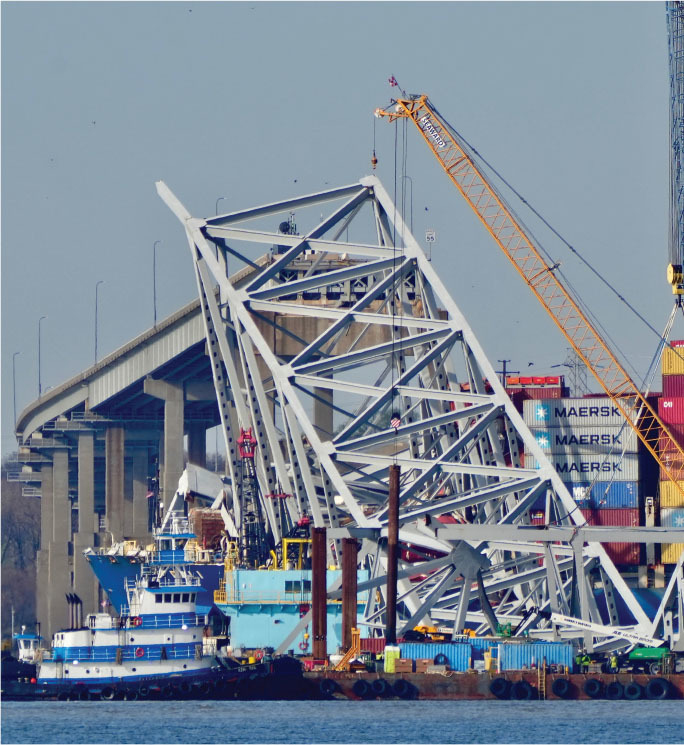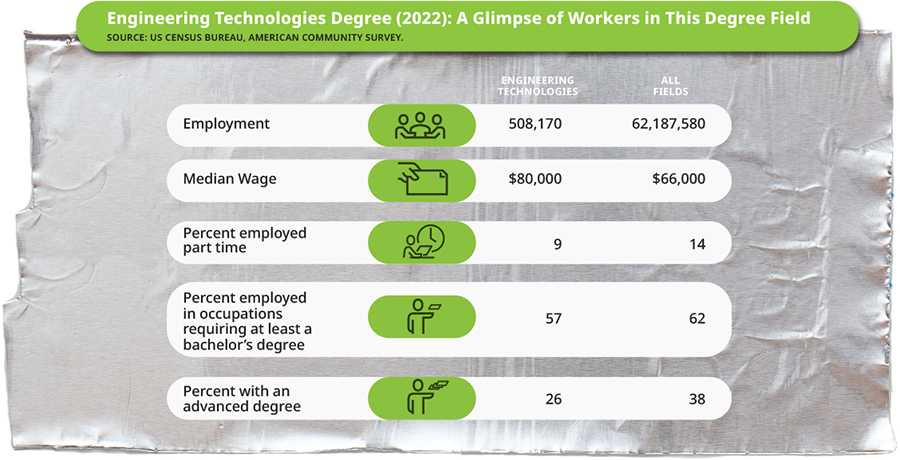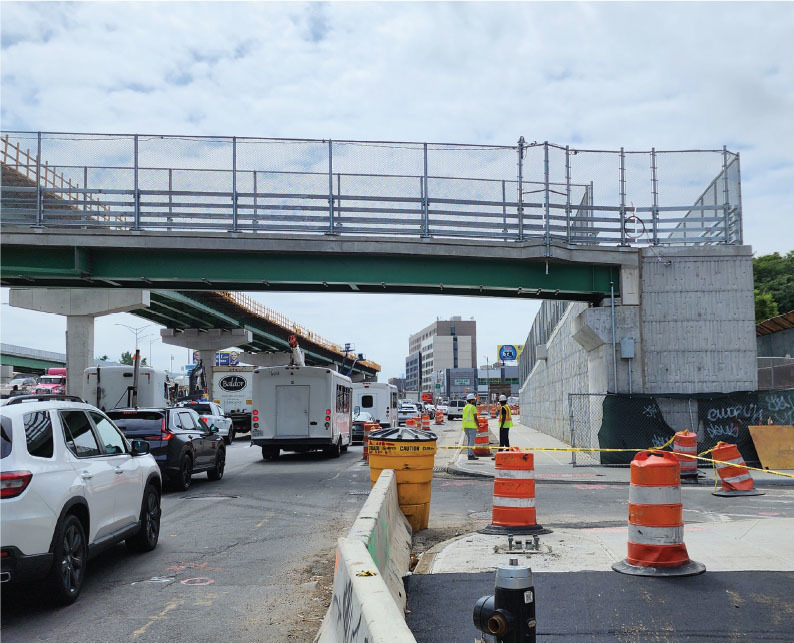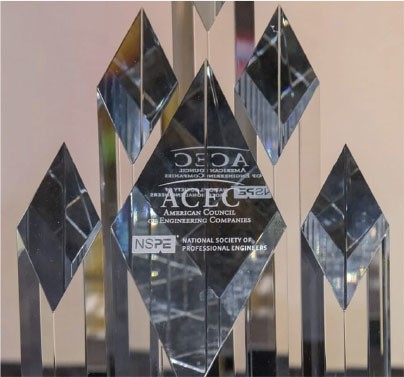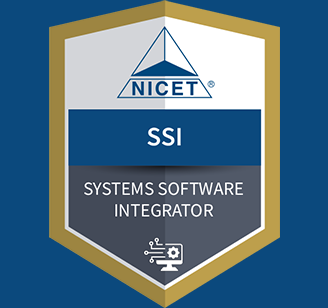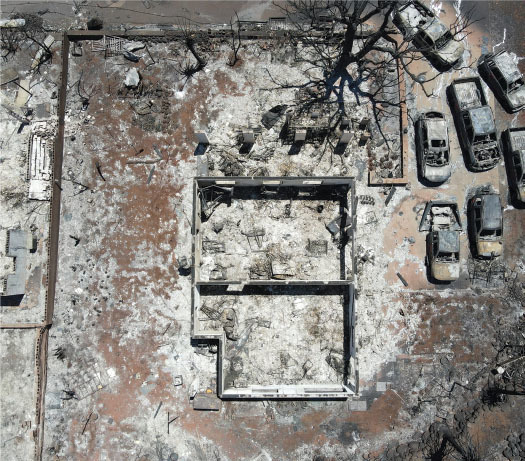March/April 2018
PE Report
South Dakota Governor Pushes Licensure Compact Bill
South Dakota legislators introduced a bill on February 2 to create temporary reciprocity licensure for professionals in participating states.
South Dakota Engineering Society President Phil Gundvaldson, P.E., wrote a letter to the chair of the Committee on State Affairs on February 6 to explain the society’s opposition to the legislation. SDES believes that the current bill fails to place a distinction between learned professions that defend the public safety and other occupations. “Our current process of reciprocity licensure will provide a professional engineering license within South Dakota in 60 days or less. We have not experienced or heard of issues with this process,” he wrote.
Introduced by the Committee on State Affairs on behalf of Governor Dennis Daugaard, the bill (H.B. 1319) will allow reciprocity with any state that enacts the compact language to grant an 18-month temporary license to eligible licensees moving to or working in that state. A temporary license authorizes work as a licensed professional within that state; it doesn’t create or eliminate any authorization to work as a licensed professional outside of that state.
Daugaard is advocating for the measure out of concern that some licensure standards could create a barrier to entering many professions.
An individual applying for a temporary license must submit an application to the licensing board or authority. The board will review the application for eligibility and issue the temporary license within 30 days unless the applicant doesn’t have a valid and unrestricted license issued by a member state; isn’t in good standing in all states in which he or she is licensed; or is ineligible because of a disqualifying record identified during a background check.
There is also an “opt out” clause, which allows a member state to decline reciprocity licensure to a licensee from another member state for a particular occupation by enacting legislation with findings that the requirements for the licenses in a particular member state are inadequate to protect the public health and safety.



 Volunteering at NSPE is a great opportunity to grow your professional network and connect with other leaders in the field.
Volunteering at NSPE is a great opportunity to grow your professional network and connect with other leaders in the field. The National Society of Professional Engineers (NSPE) encourages you to explore the resources to cast your vote on election day:
The National Society of Professional Engineers (NSPE) encourages you to explore the resources to cast your vote on election day: